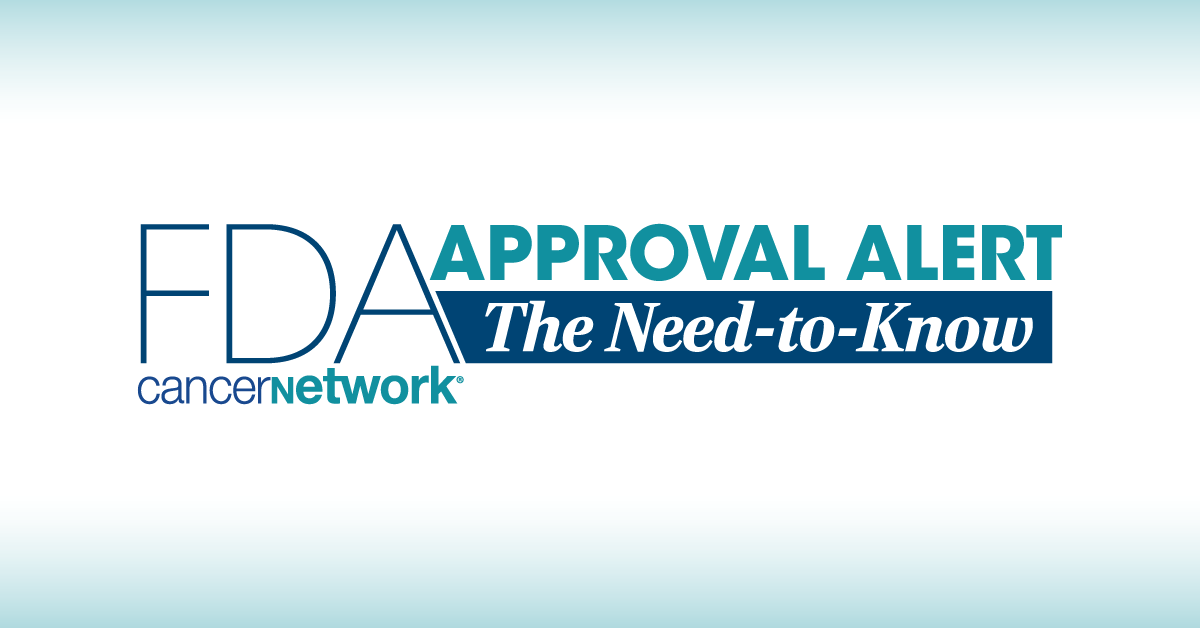FDA Approves Nivolumab/Ipilimumab in Adult/Pediatric MSI-H or dMMR CRC
The FDA approved nivolumab with ipilimumab in adult and pediatric patients with CRC based on data from the phase 3 CHECKMATE-8HW trial.
Data from the phase 3 CheckMate 8HW trial (NCT04008030) supported the FDA approval of nivolumab plus ipilimumab in unresectable or metastatic MSI-H or dMMR colorectal cancer.

The FDA has approved nivolumab (Opdivo) in combination with ipilimumab (Yervoy) for adult and pediatric patients with unresectable or metastatic microsatellite instability-high (MSI-H) or mismatch repair deficient (dMMR) colorectal cancer (CRC), according to a press release from the FDA.1
Addiitonally, the FDA converted the accelerated approval for single-agent nivolumab to a normal approval for adult and pediatric patients with MSI-H or dMMR metastatic CRC who progressed on fluoropyrimidine, oxaliplatin, and irinotecan.
Supporting results come from the randomized, phase 3 CHECKMATE-8HW trial (NCT04008030) that evaluated nivolumab with ipilimumab in immunotherapy-naïve patients with CRC with known MSI-H or dMMR status.
The median progression-free survival (PFS) in the first-line setting was not reached (NR; 95% CI, 38.4-not estimable [NE]) with nivolumab plus ipilimumab vs 5.8 months (95% CI, 4.4-7.8) with chemotherapy (HR, 0.21; 95% CI, 0.14-0.32; P <.0001). At the time of interim PFS analysis, comparable results for overall response rate (ORR) and overall survival (OS) in the first-line setting were not available.
In all lines of treatment, the median PFS was NR (95% CI, 53.8-NE) with nivolumab and ipilimumab vs 39.3 months (95% CI. 22.1-NE) with chemotherapy (HR, 0.62; 95% CI. 0.48-0.81; P = .0003). The ORR was 71% (95% CI, 65%-76%) vs 58% (95% CI, 52%-63%), respectively (P = .0011). Comparative results for OS were not available.
Adverse events reported in greater than 20% of patients with nivolumab and ipilimumab were fatigue, diarrhea, pruritus, abdominal pain, musculoskeletal pain, and nausea.
Reference
FDA approves nivolumab with ipilimumab for unresectable or metastatic MSI-H or dMMR colorectal cancer. News release. FDA. April 8, 2025. Accessed April 8, 2025. https://tinyurl.com/3vj77rfh